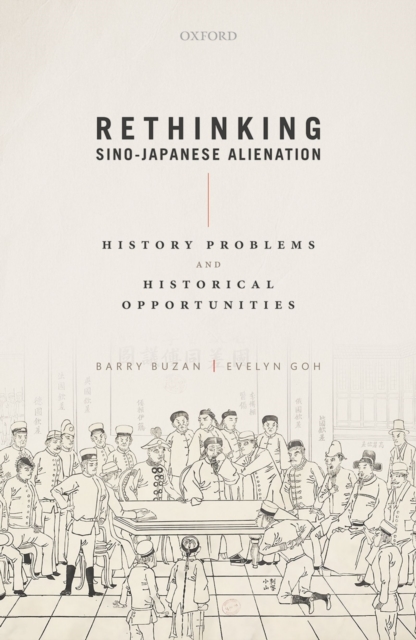
Rethinking Sino-Japanese Alienation : History Problems and Historical Opportunities PDF
by Barry Buzan, Evelyn Goh
Description
Bitterly contested memories of war, colonisation, and empire among Japan, China, and Korea have increasingly threatened regional order and security over the past three decades.
In Sino-Japanese relations, identity, territory, and power pull together in a particularly lethal direction, generating dangerous tensions in both geopolitical and memory rivalries.
Buzan and Goh explore a new approach to dealing with this history problem.
First, they construct a more balancedand global view of China and Japan in modern world history.
Second, building on this, they sketch out the possibilities for a 21st century great power bargain between them.
Buzan puts Northeast Asia's history since 1840 into both a world historical and a systematic normative context, exposing theparochial nature of the China-Japan history debate in relation to what is a bigger shared story about their encounter with modernity and the West, within which their modern encounter with each other took place.
Arguing that regional order will ultimately depend substantially on the relationship between these two East Asian great powers, Goh explores the conditions under which China and Japan have been able to reach strategic bargains in the course of their long historical relationship, and usesthis to sketch out the main modes of agreement that might underpin a new contemporary great power bargain between them in a variety of future scenarios for the region.
The frameworks adopted here consciously blend historical contextualisation, enduring concerns with wealth, power and interest, andthe complex relationship between Northeast Asian states' evolving encounters with each other and with global international society.
Information
-
Download - Immediately Available
- Format:PDF
- Pages:400 pages
- Publisher:OUP Oxford
- Publication Date:09/01/2020
- Category:
- ISBN:9780192592101
Other Formats
- EPUB from £23.34
Information
-
Download - Immediately Available
- Format:PDF
- Pages:400 pages
- Publisher:OUP Oxford
- Publication Date:09/01/2020
- Category:
- ISBN:9780192592101






